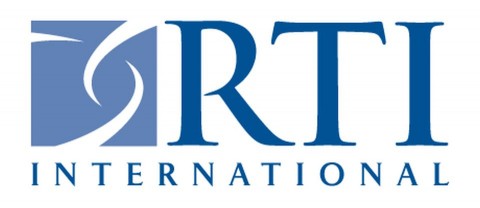Electrochemical disinfection with integrated biomass oven for solid waste processing and energy harvesting
2011 - 2017 • RTI International, Research Triangle Institute
Purpose
Developing a fully integrated toilet system that combines electrochemical disinfection technology for liquid waste processing and recovery, with a revolutionary new biomass energy conversion unit.
Activities
The RTI-led team — which includes individuals at Colorado State University and Duke University — is developing a fully integrated toilet system that combines electrochemical disinfection technology for liquid waste processing and recovery, with a revolutionary new biomass energy conversion unit to both process the solid waste and convert it into energy.
Countries of activity
Location of main activity
Objectives
The core project objectives are: 1) develop a sewage separation and conversion unit that produces combustable fuel from human feces and other solid wastes; 2) develop a biomass combustion module that uses thermoelectrics to generate electrical energy from the combustion of fuel created from human waste; 3) Develop an electrochemical disinfection system that prepares liquid recoveres from mixed human waste for disposal or reuse in an environmentally responsible manner; 4) Integrate all operational systems and achieve system TRL6 *; and 5) achieve incentive target of TRL7.
* TRL stands for Technology Readiness Level
Further information
Duke University and Colorado State University are our key research partners. We are currently developing implementation partners based on a variety of discussions we have held with potential partners before, during, and after the design conference in Barcelona in April 2013 and a recent trip made by several RTI staff to Delhi, Ahmedabad, Trivandrum, and Mumbai in India in May 2013.
This was an RTTC grant.
Filter tags
Bill & Melinda Gates Foundation East Asia & Pacific Energy: fuel (liquid or solid) Fundamental research and engineering Global North America Product design and engineering Resource recovery Toilets or urinals (user interface) Treatment of wastewater or greywater University, education or research institution
Links
RTI International
Research Triangle Park
United States
Uploaded by:
Trevor Surridge (tmsinnovation)
















